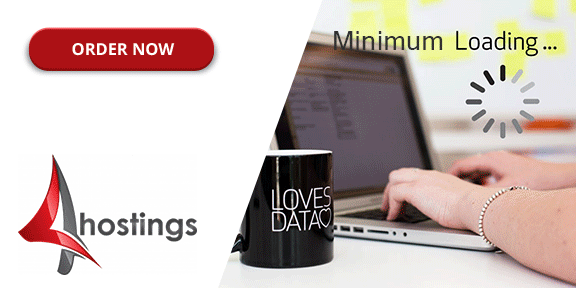
Running a successful online business doesn’t mean just building a website and creating awesome content. Those are just the first steps. Smart business owners need to make sure all that content can be accessed quickly and easily. Clients often ask me to audit their websites when they’re experiencing declining traffic and sales. The first thing I always check is their website’s load time.
Why should you care about Website Speed?
User experience
User experience is all about creating an amazing yet simple experience for your visitors. The 2 most important aspects to user experience: give users what they are looking for, and give it fast.
Also, remember that first impressions matter!
If your website loads quickly, your potential customers will be happy as you’ve made a very good first impression. People consider website speed to be professional and reliable.
On the other hand, a slow website makes people think it’s unsafe, insecure and untrustworthy. And it’s almost impossible to change this first impression later.
So, if you want to improve user experience and make a really good first impression on your potential customers, look closely at your loading speed. Users visiting your site are looking for something, so give it to them as quickly as possible before they go to your competitors.
Conversions & sales
The better the user experience, the more you sell. It’s as simple as that.
If half of your potential customers are leaving your site because of the loading speed, then it’s driving your conversions & sales away.
So if you don’t want to miss revenue opportunities, look at your website’s speed.
SEO
In 2010, Google announced that page speed would be one of the ranking factors taken into account when ranking websites. While it’s not the only factor that goes into your search engine rankings, pages that load faster and make use of Google’s recommended best practices tend to do better in search rankings than those that don’t.
In 2017, Google announced that page speed would become an even bigger factor in determining your site’s ranking. Your mobile and desktop sites will now be ranked based on signals Google receives from crawling your site through mobile view. This means that the page speed of your mobile site will determine the rankings of both your mobile and desktop sites in Google.
Google knows that site speed is important for users so, as I’m sure you care about your users, site speed should be important for you as well.
Recently Google updated its site speed tool adding competitor analysis like percentage of visitors lost due to poor loading speed and how your site compares to your industry:
What can you do to speed up your website?
Now that you know that website speed is super important, you’re probably wondering what you can do to speed your website. Well here are some tips:
- Conduct a site audit – Use tools such as Pingdom, Load Impact and Google Page Speed to check your site’s speed and identify problem areas. Only after determining the cause of the slowdown will you be able to implement the proper fixes.
- Re-evaluate your hosting provider – If you’re experiencing slow page loads, then it is very possible that your hosting may be at fault. In my experience, you need to carefully consider the web hosting that you pick and make sure that it is best for your needs. For high traffic sites, upgrading to a dedicated or managed web hosting solution is a good option.
- Optimize the images on your website – Images are a great way to attract visitors to your website, but can adversely affect load times. This is why it is important to compress images for use on web. Tools like Adobe Photoshop, Yahoo Smush.it, and JPEG Mini allow you to compress your images and save bandwidth by serving smaller files which will speed up page loads.
- Use a CDN – CDN short for Content Delivery Networks can greatly improve your site speed. CDN is a large distributed system of servers across several data centers across the world which allows you to serve static content such as images, stylesheets, and scripts with high performance.
Making your website fast and lean boils down to continuously monitoring and implementing site audits and analysis. The more you understand what affects your page load times, the better you’ll be able to improve it. Hiring an outside professional to audit your site can be of huge help. Have you conducted a speed test on your website lately? What issues are you currently experiencing? Share your experience by leaving a comment.